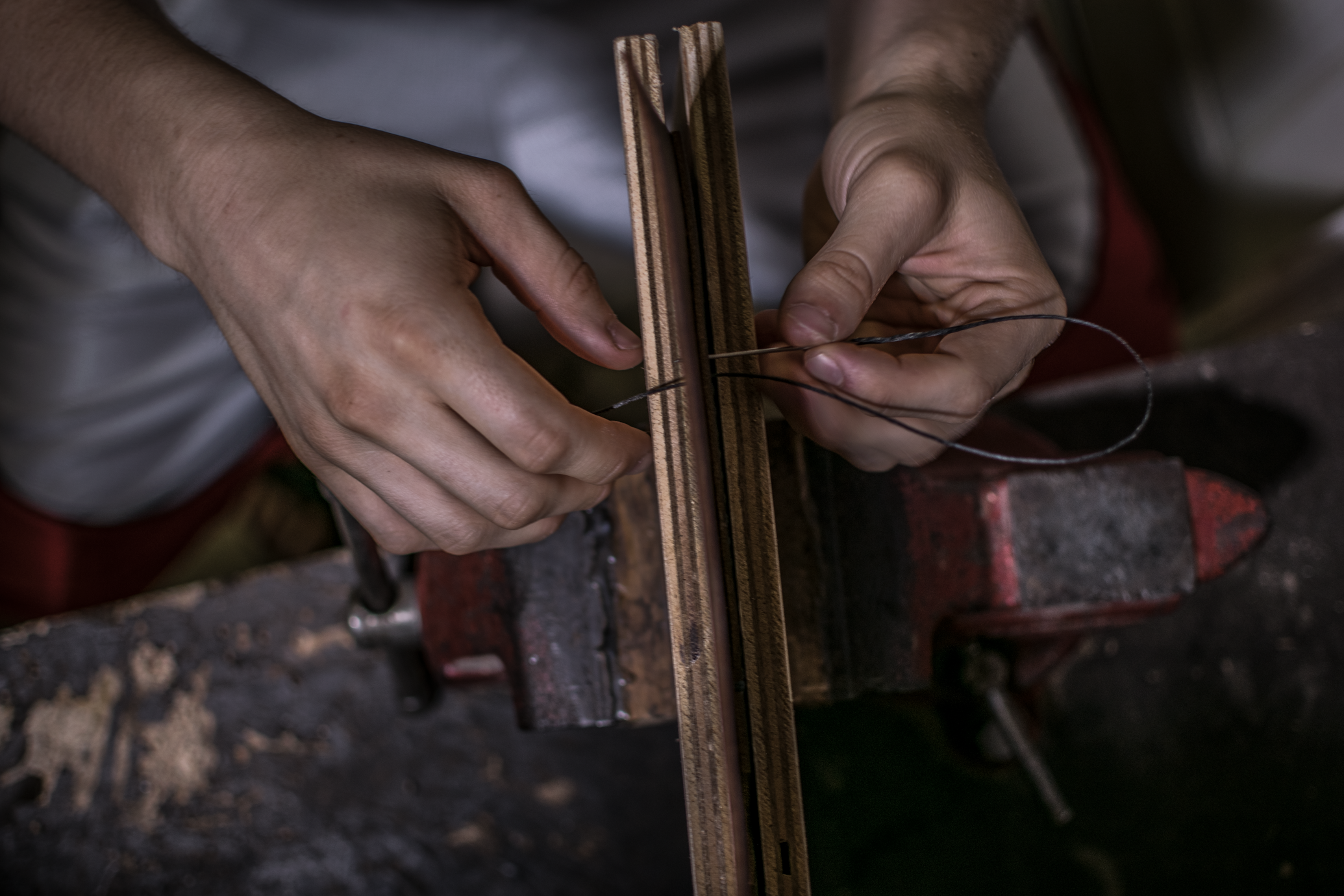The fashion industry is in the midst of a transformation. Many consumers are demanding more sustainable and ethical ways of production, both for the environment and for workers. Although large multinationals are gradually adapting to this new market, it is the designer brands that are leading the way in this new revolution.
One such key player is the Leather Working Group (LWG), an international non-profit organization responsible for the world's largest leather sustainability program. LWG aims to improve the environmental impact of the leather industry by assessing and certifying leather manufacturers.
Natural leather is questionable when it comes to sustainability, with a controversial history. Leather is a classic material in the history of clothesmaking, but the critiques surrounding it are nothing new. Higher level of production results in more animals being killed, as well as an increase in pollutants used to treat the skin of the animal. These chemicals are extremely harmful to the environment, as well as to the people who work near them.
The LWG was created in 2005 by a group of recognized brands and leading leather manufacturers who came together to focus on sustainability within the leather industry. Its founding members included brands such as Adidas, Clarks, Ikea, Nike, Marks & Spencer, New Balance, Timberland, as well as key leather manufacturing companies from around the world.
The Impact of the Leather Working Group
The LWG Standard has reached a record membership, with 1,040 certified manufacturers. All of them have been audited by an LWG-approved auditor. They’ve earned one of four ratings - audit, bronze, silver, or gold - by meeting the requirements.
Its membership has grown rapidly over the past two years. In fact, in 2020 it got to 1,000 members. The organization’s efforts are crucial for realizing the goal of a fully responsible leather supply chain. This collective of companies will drive positive action at scale and amplify its impact on a whole.
With the increase in membership, the LWG has reached a higher level of engagement and collaboration across all sectors: leather manufacturers and traders, subcontractors, brands, retailers, suppliers, and NGOs.
What to Expect from Leather Working Group in 2023
Leather Working Group will continue to strengthen its ties with key players in the industry including Textile Exchange, in order to launch the Deforestation-Free Call to Action for Leather initiative this coming March. Reinforced strategic partnerships with key industry organizations are essential to support its work to build a more sustainable future with leather.
As the group continues to solidify its global presence as an industry leader in sustainable leather production, LWG intends to continue to inspire change across the leather industry for the responsible production and sourcing of leather for 2023. Along with the support of LWG members, collaborators, and associated industries, the group is confident it can deliver positive change that will benefit future generations.
As LWG adds more country profiles to its ever-expanding database, it has developed the LWG Animal Welfare checklist. This is to provide stakeholders with a framework to gather information on animal welfare practices upstream of the slaughterhouse. For instance, The Animal Welfare Group will be fully integrated into the Leather Working Group from April 1st, 2023.
Last year, LWG held its first conference in Milan with attendees from over 30 countries and is planning to hold its 2023 conference in Milan in conjunction with Lineapelle.
Is your Company Interested in Traceability Solutions? CommonShare offers one of the most advanced traceability solutions on the material, with material and order level traceability.
With CommonShare’s traceability system, you can not only map and manage sustainability and quality claims, but you can also track and verify them. Learn more here and book a demo.

